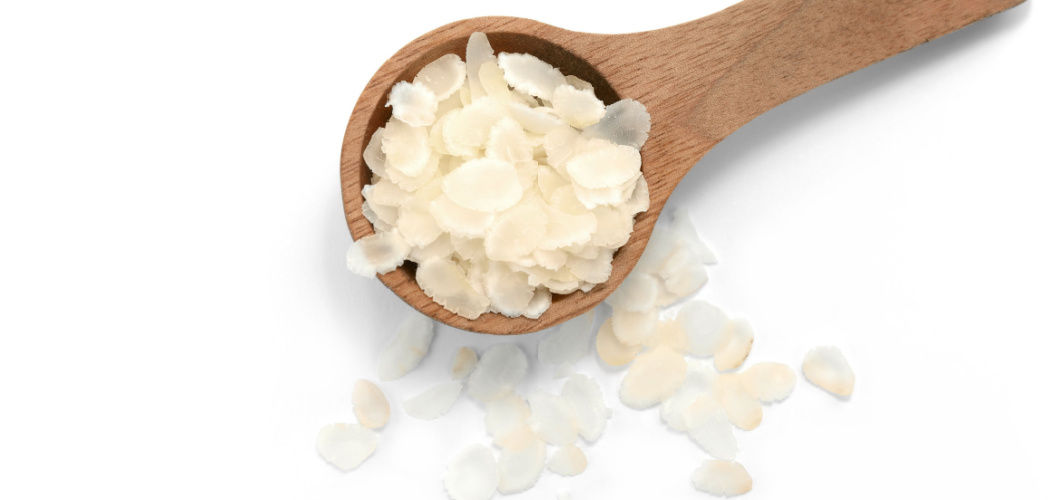Diabetes Management
Is Poha a Better Alternate than Rice?
2 min read
By Apollo 24|7, Published on - 28 November 2023, Updated on - 07 August 2024
Share this article
0
0 like

Poha or flattened rice is often considered a better alternative to plain white rice for individuals with diabetes. Here's why:

1. Lower Glycemic Index (GI)
The glycemic index of poha ranges from 38-64, making its GI score lesser than other types of rice. The starch granules of poha are less refined than those found in white or brown, hence it is less likely to cause sugar spikes.
2. Rich in Fibre
Poha retains the outer bran layer of rice, which is a good source of dietary fibre. Fibre is essential for slowing down the digestion and absorption of carbohydrates, preventing rapid spikes in blood sugar. A diet high in fibre is associated with improved blood sugar control and overall better health.
3. Nutrient Content
Poha retains more nutrients compared to white rice because it undergoes minimal processing. It contains vitamins, minerals, and antioxidants that contribute to overall health. The presence of these nutrients can make it a more nutritious choice for individuals with diabetes.
4. Lighter and Easily Digestible
Poha is lighter and easier to digest than some varieties of rice. Its preparation involves soaking and minimal cooking, making it suitable for those who may have digestive concerns or prefer a lighter meal.
5. Versatility in Preparation
Poha is versatile and can be prepared with various vegetables, adding nutritional value to the dish. Including vegetables in the preparation further enhances the fibre and nutrient content, contributing to a more balanced and diabetes-friendly meal.
Considerations
While Poha can be a better alternative to white rice for individuals with diabetes, portion control and overall dietary balance remain essential. It's crucial to be mindful of the quantity consumed and to pair Poha with a variety of vegetables, proteins, and healthy fats for a well-rounded meal.
Individual responses to different foods can vary, so it's advisable for individuals with diabetes to monitor their blood sugar levels after consuming Poha and other foods to understand how their body responds.
Diabetes Management
Consult Top Diabetologists
View AllLeave Comment
Recommended for you
.jpg?tr=q-80)
Diabetes Management
Reasons for Post-Meal Drowsiness in Diabetic Individuals
Feeling sleepy after meals is common among diabetic individuals. It's linked to blood glucose fluctuations, the type of food consumed, and mineral deficiencies. Regular monitoring of blood glucose levels, the addition of low GI foods to the diet, and consuming supplements for mineral deficiencies can help manage this issue effectively.
.jpg?tr=q-80)
Diabetes Management
Can Stress And Lack Of Sleep Cause Diabetes?
Did you know that persistent stress and chronic sleep deprivation can contribute to the development of type 2 diabetes? Maintaining a healthy sleep schedule and managing stress effectively is crucial in diabetes prevention and management. Start your journey towards better health today by understanding more about these risk factors and how to mitigate them. Enrol in Apollo's Super 6 programme to help you improve these conditions and, as a result, manage your diabetes more effectively.

Diabetes Management
Understanding Gestational Diabetes: Indications and the Importance of Screening
Gestational diabetes is a rising health concern in India, particularly among urban dwellers. Early detection through timely screening is key to managing this condition and reducing potential complications for both mother and baby. With the right approach—combining lifestyle modifications, regular doctor consultations, and health-tech solutions—we can minimise the impact of gestational diabetes for healthier pregnancies and outcomes.
Subscribe
Sign up for our free Health Library Daily Newsletter
Get doctor-approved health tips, news, and more.
Visual Stories

8 Fruits That are Incredibly Healthy for Diabetes
Tap to continue exploring
Recommended for you
.jpg?tr=q-80)
Diabetes Management
Reasons for Post-Meal Drowsiness in Diabetic Individuals
Feeling sleepy after meals is common among diabetic individuals. It's linked to blood glucose fluctuations, the type of food consumed, and mineral deficiencies. Regular monitoring of blood glucose levels, the addition of low GI foods to the diet, and consuming supplements for mineral deficiencies can help manage this issue effectively.
.jpg?tr=q-80)
Diabetes Management
Can Stress And Lack Of Sleep Cause Diabetes?
Did you know that persistent stress and chronic sleep deprivation can contribute to the development of type 2 diabetes? Maintaining a healthy sleep schedule and managing stress effectively is crucial in diabetes prevention and management. Start your journey towards better health today by understanding more about these risk factors and how to mitigate them. Enrol in Apollo's Super 6 programme to help you improve these conditions and, as a result, manage your diabetes more effectively.

Diabetes Management
Understanding Gestational Diabetes: Indications and the Importance of Screening
Gestational diabetes is a rising health concern in India, particularly among urban dwellers. Early detection through timely screening is key to managing this condition and reducing potential complications for both mother and baby. With the right approach—combining lifestyle modifications, regular doctor consultations, and health-tech solutions—we can minimise the impact of gestational diabetes for healthier pregnancies and outcomes.

